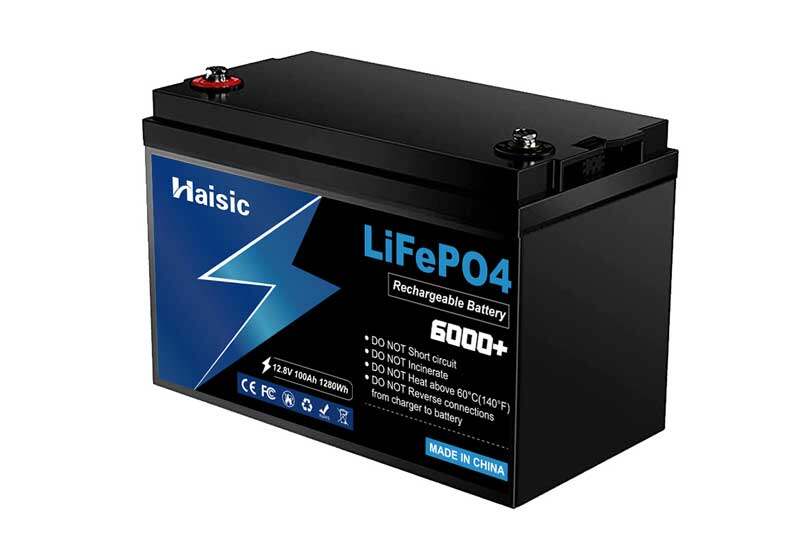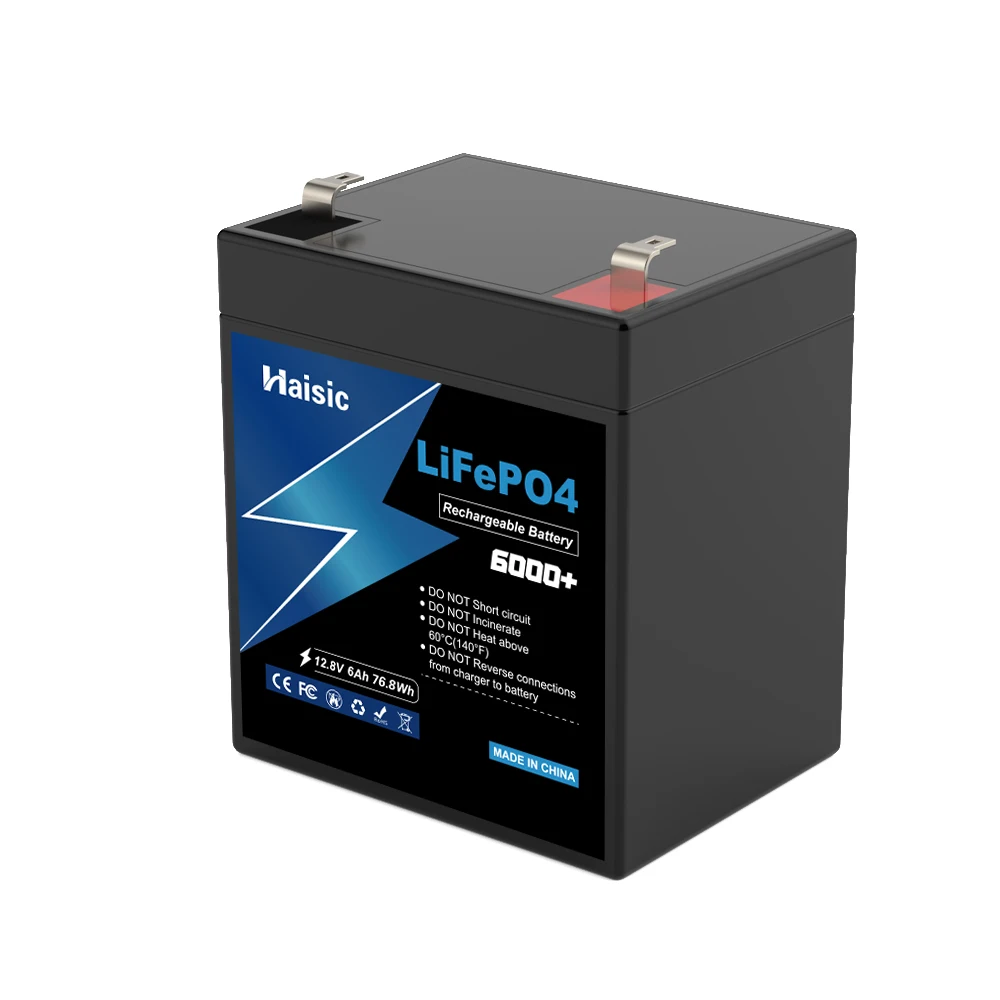Email format error
Email cannot be empty
Email already exists
6-20 characters(letters plus numbers only)
The password is inconsistent
Email format error
Email cannot be empty
Email does not exist
6-20 characters(letters plus numbers only)
The password is inconsistent


Electric vehicles (EVs) are rapidly gaining popularity as a sustainable and efficient mode of transportation. Central to the success of EVs is the development of advanced energy storage solutions. LiFePO4 (Lithium Iron Phosphate) battery packs have emerged as a key player in shaping the future of electric mobility. In this blog, we will delve into the role of LiFePO4 battery packs in EVs and how they are revolutionizing the industry.

Extended Range and Improved Performance:
LiFePO4 battery packs offer a high energy density, allowing for longer driving ranges and improved vehicle performance. With their ability to store more energy in a compact size, LiFePO4 battery packs enable EVs to travel farther on a single charge. This extended range addresses one of the main concerns of potential EV buyers and contributes to the wider adoption of electric mobility.
Fast and Convenient Charging:
LiFePO4 battery packs have the capability to charge at a rapid rate, reducing charging times for EVs. This fast-charging feature enhances the convenience and usability of electric vehicles, making them more practical for everyday use. With LiFePO4 battery packs, EV owners can spend less time waiting for their vehicles to charge and more time on the road.
Long Cycle Life and Durability:
LiFePO4 battery packs are known for their long cycle life, allowing them to endure thousands of charge-discharge cycles without significant degradation. This longevity ensures the durability and reliability of the battery pack, reducing the need for frequent replacements and lowering overall maintenance costs. The long cycle life of LiFePO4 battery packs contributes to the economic viability of EVs and enhances their long-term sustainability.
Enhanced Safety:
LiFePO4 battery packs are considered safer compared to other lithium-ion battery chemistries. They have a lower risk of thermal runaway or catching fire, providing peace of mind for EV owners and users. The enhanced safety features of LiFePO4 battery packs contribute to the overall trust and confidence in electric mobility, addressing concerns regarding battery safety.
Environmental Friendliness:
LiFePO4 battery packs are more environmentally friendly compared to traditional lead-acid batteries. They do not contain toxic materials like lead or acid, reducing the overall environmental impact. Additionally, LiFePO4 battery packs can be recycled, further minimizing their environmental footprint. By choosing LiFePO4 battery packs, EV owners contribute to a cleaner and greener transportation system.
Integration with Renewable Energy:
LiFePO4 battery packs can be seamlessly integrated with renewable energy sources, such as solar panels or wind turbines. This allows EV owners to charge their vehicles using clean and sustainable energy, further reducing their carbon footprint. The combination of LiFePO4 battery packs and renewable energy integration promotes a more sustainable and eco-friendly future for electric mobility.
Conclusion:
LiFePO4 battery packs are playing a pivotal role in shaping the future of electric mobility. With their extended range, fast charging capability, long cycle life, enhanced safety features, and environmental friendliness, LiFePO4 battery packs are driving the widespread adoption of EVs. As we embrace this technology, we can envision a future where electric mobility becomes the norm, reducing our dependence on fossil fuels and creating a cleaner and more sustainable transportation system.